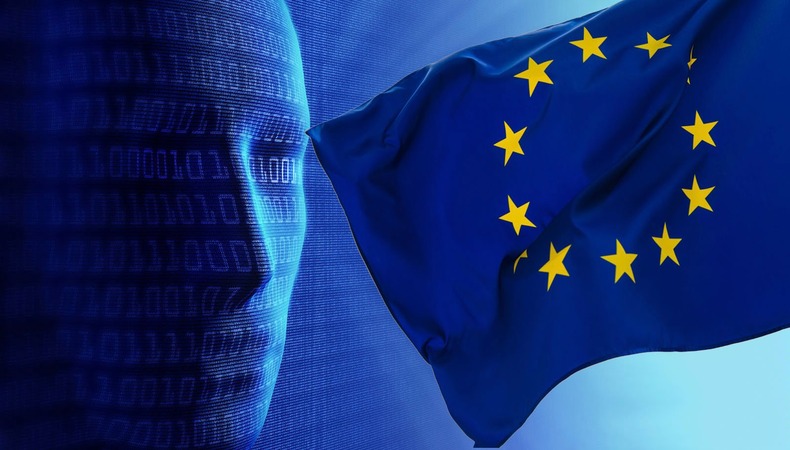World First: EU Sets Clear Rules on AI Regulation

The EU has struck a landmark preliminary deal on the AI Act, becoming the first continent in the world to set clear rules for the use of artificial intelligence. This breakthrough was achieved after 36 hours of negotiations with member states and lawmakers on Friday.
Thierry Breton, EU Internal Market Commissioner, said the AI Act is much more than a rulebook. “It’s a launch pad for EU startups and researchers to lead the global race for trustworthy AI.” Breton hailed it as a historic political deal.
The EU rushed to set clear rules and guidelines after ChatGPT came into the scene in late 2022 and took the world by storm. Critics have raised concerns that artificial intelligence and other new age technology can be misused.
EU AI Act Global First
European Union chief Ursula von der Leyen said the AI Act is a global first. “A unique legal framework for the development of artificial intelligence you can trust. And for the safety and fundamental rights of people and businesses. A commitment we took in our political guidelines, and we delivered. I welcome today’s political agreement.”
The AI Act is a flagship legislative initiative with the potential to foster the development and uptake of safe and trustworthy AI across the EU’s market by both private and public actors. EU’s official statement says the main idea is to regulate AI based on the latter’s capacity to cause harm to society following a risk-based approach – the higher the risk, the stricter the rules.
EU’s AI Act is the first legislative proposal of its kind in the world. It can set a global standard for AI regulation in other jurisdictions.
Keep Reading
Is British Politics Crumbling Because of Russian Spies?
Corruption Plagues Ukraine Defense Ministry, More Funds
Requirements for EU AI Act 2023
The statement states that a wide range of high risk AI systems would be authorized, but subject to a set of requirements and obligations to gain access to the EU market. The requirements have been clarified and adjusted by the co-legislators to be more technically feasible and less burdensome for stakeholders to comply with.
The EU said specific rules have been agreed for foundation models, large systems capable to competently perform a wide range of distinctive tasks, such as generating video, text, images, conversing in lateral language, computing, or generating computer code.
The models must comply with transparency obligations before they are allowed into the market.




